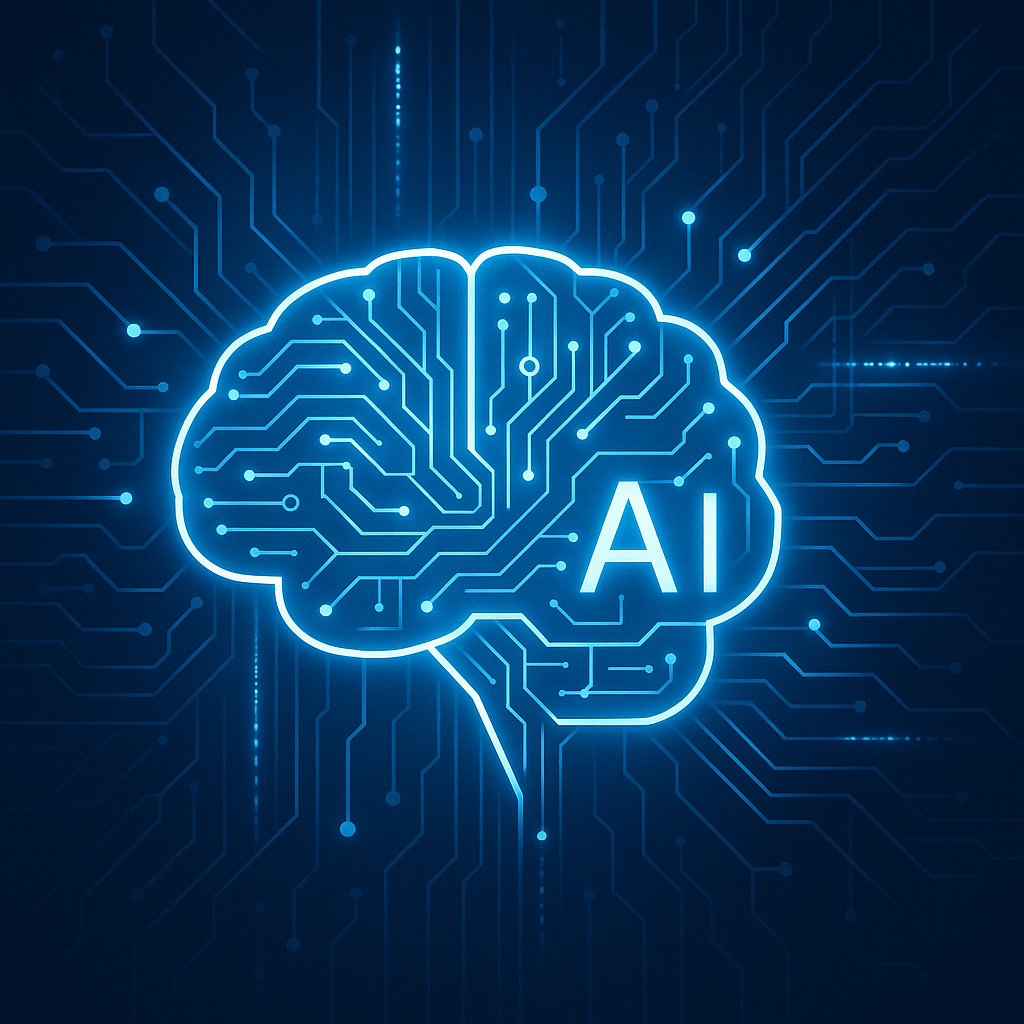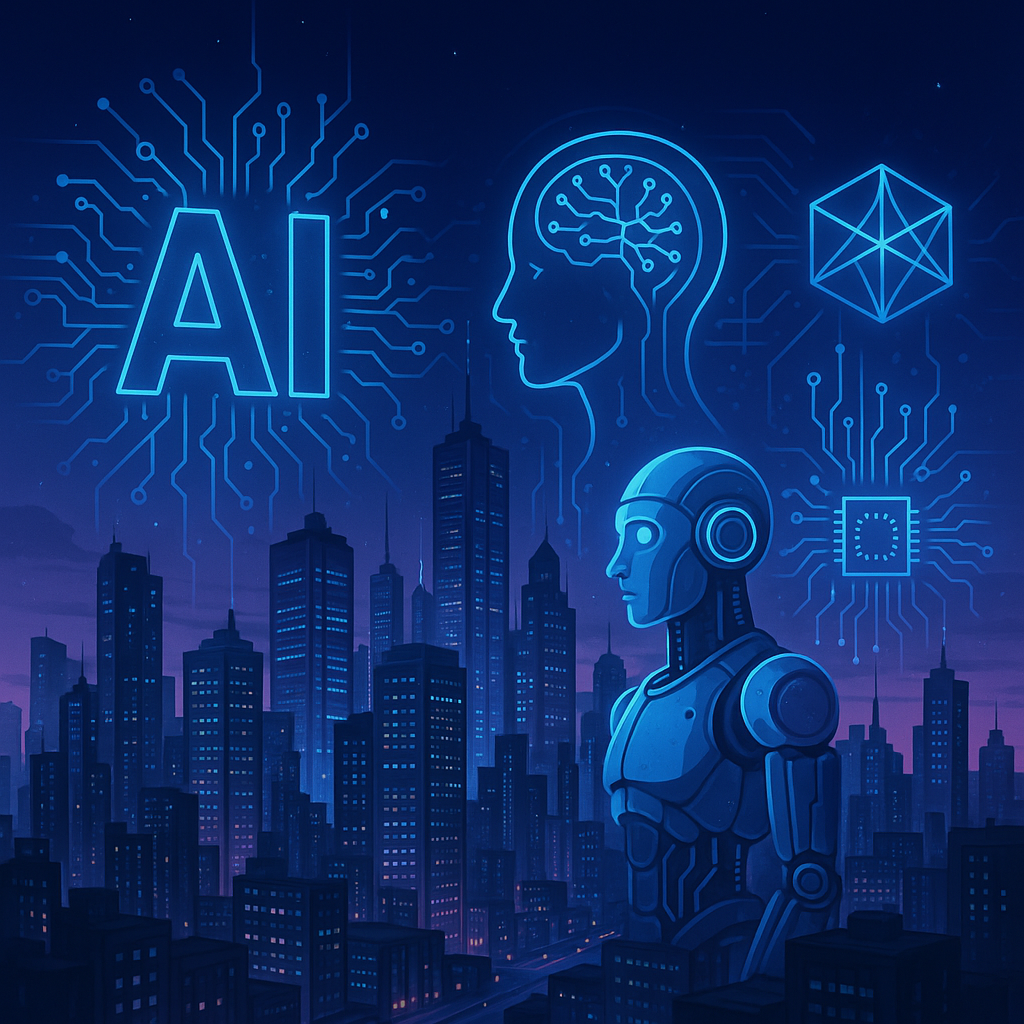
Innovations Shaping Tomorrow’s Cognitive Landscape via Intelligence Technology & AI
Understanding Intelligence Technology and artificial Intelligence
In the rapidly evolving world of technology, two concepts stand out as principal drivers of transformation: intelligence technology and artificial intelligence. While often used interchangeably, these terms encompass unique scopes and capabilities that, when combined, unlock unprecedented innovations in cognitive technology.
Intelligence technology refers broadly to systems and tools that augment human cognition and decision-making by leveraging data analysis, sensor networks, and machine learning algorithms. It embodies the integration of advanced platforms designed to collect, process, and interpret complex information to enhance operational intelligence.
Artificial intelligence (AI), on the other hand, is a specialized subset of intelligence technology. It involves creating algorithms and models that simulate human intelligence processes, such as learning, reasoning, perception, and natural language understanding. AI systems range from narrow applications responding to specific tasks to more generalized cognitive machines approaching human-like adaptability.
The Synergy Driving Innovation
The convergence of intelligence technology and artificial intelligence is catalyzing remarkable progress across multiple industries:
Enhanced Cognitive Systems: Combining sensor networks with AI-powered analytics enables systems that not only gather data but also interpret context, forecast trends, and make autonomous decisions with a high degree of accuracy.
Adaptive Learning Models: Intelligence technology provides the infrastructure for real-time data acquisition, which feeds AI models that continuously adapt and refine their learning to evolving environments, improving predictive and operational capabilities.
Human–Machine Collaboration: Innovations are emerging where AI acts as an intelligent assistant within intelligent systems, bridging gaps in human cognition and augmenting expertise rather than replacing it. This creates powerful tools for complex problem solving.
Innovative Applications in Cognitive Landscapes
The fusion of these technologies is shaping new frontiers in diverse domains:
1. Smart Urban Infrastructure
Intelligence technology integrated with AI facilitates the development of responsive city environments. Traffic systems dynamically adjust through AI-driven analytics fed by sensor arrays across urban areas, optimizing flow and reducing congestion. Such smart city frameworks enhance sustainability and improve quality of life.
2. Precision Healthcare Advancements
AI algorithms, enhanced by intelligence technology platforms, analyze massive datasets from wearable devices and medical imaging. This synergy enables early diagnosis of diseases, personalized treatment planning, and real-time health monitoring, transforming patient care paradigms.
3. Autonomous Systems and Robotics
The interplay between AI and intelligence technology empowers autonomous vehicles and robotic systems to interpret complex environments safely and efficiently. Intelligent sensors provide rich contextual data that AI uses to improve navigation, obstacle avoidance, and adaptive task execution.
4. Advanced Cybersecurity
Intelligence technology collects vast security telemetry from networks, which AI processes to identify anomalies and predict potential cyber threats. This continuous, dynamic defense approach strengthens organizational resilience against evolving digital risks.
Challenges and Ethical Considerations
Integrating intelligence technology with AI is not without challenges, including data privacy, algorithmic bias, and system transparency. Responsible innovation demands interdisciplinary collaboration to establish frameworks ensuring ethical deployment that respects user rights and societal norms.
Looking Ahead: Shaping the Future Cognitive Landscape
As intelligence technology and artificial intelligence mature in tandem, they will redefine cognitive capabilities across human-machine interfaces. The next generation of innovations will likely embody increased contextual awareness, proactive reasoning, and seamless integration across physical and digital planes.
This evolving synergy not only enhances operational efficiency but also opens possibilities for creative problem solving and novel applications previously deemed science fiction. Fostering this collaborative ecosystem of intelligence technologies paves the way for transformative strides in how society perceives and interacts with cognitive technologies, heralding a new era of intellectual empowerment.







